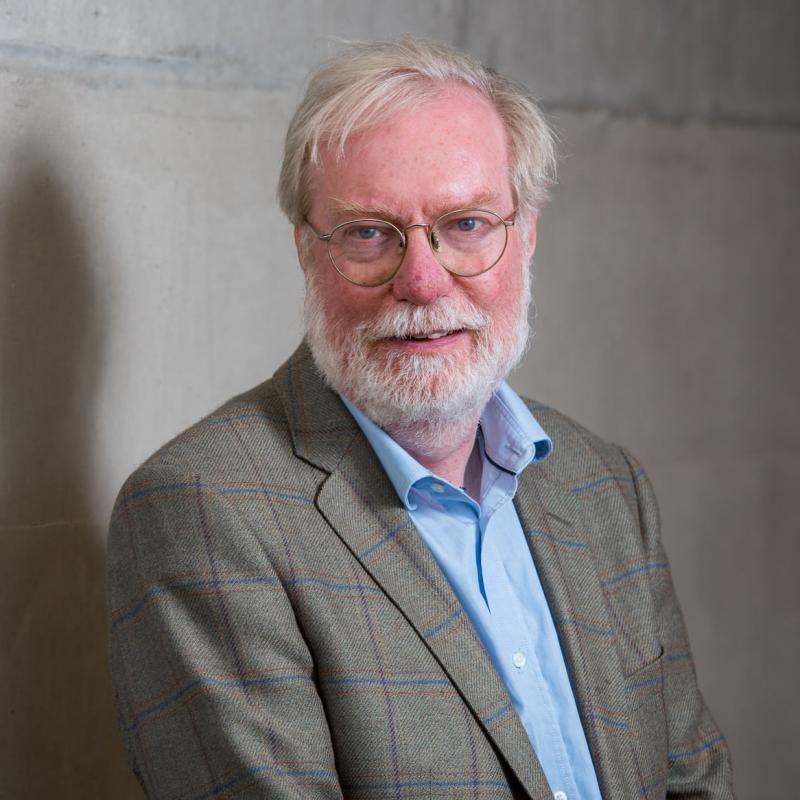Breadcrumb
This research programme, organised jointly with the New Institute in Hamburg, seeks to engage academics, policymakers and practitioners in the UK and Germany to explore the idea and concept of value-driven transformation.
At its inception, economics had ethical values properly embedded within it, but these ideas were lost. Economics, and the business behaviour which it deduced was appropriate to generate ‘value’, became increasingly detached from ‘values’. The results have been damaging to our societies: self-serving individualism has become increasingly widespread. It is reflected in the severe decline of citizen trust in business and other institutions. The COVID-19 pandemic added considerable relevance and salience to the programme.
This three-year programme seeks to reconnect the value-generating process of business with ethical values. The approach draws on recent developments in evolutionary biology, and in our understanding of stochastic processes, to establish what, scientifically, can be said about human nature.
The programme draws on several different disciplinary perspectives, in particular, economics, management, sociology, psychology, neuroscience, biology, physics, and philosophy to:
- Draw parallels between debates on reductionist and emergentist theories in the life, physical and social sciences.
- Relate them to concepts of biological evolution as a product of cooperation modulated by competition.
- Link these ideas to notions of the brain as a predictive organ guided by interactions between rationality, emotion, meaning and perception.
- Assess the basis of human flourishing and the relation between human emotions and those associated with artificial intelligence.
- Highlight how biological understandings of organism perception can help us understand the emergence of new economic value.
- Explore the role of values, meaning and purpose in shaping lower level actions in individuals and societies.
- Examine how leadership can translate values into value by sharing meanings through exemplary actions and narratives.
- Look at how organisations transform individual self-interest into collective, cooperative interests in a common purpose.
- Consider the values underlying indicators and incentives that guide economic activity and social policy in organizational, national, and international contexts.
- Use the issues of climate change and the COVID-19 pandemic as examples of the problem of uncertainty in scientific predictions, and how to present that uncertainty to the public while still conveying the importance of the scientific outcomes.
The programme will organise workshops, conferences, a seminar series and some public lectures; produce articles and working papers on issues such as the foundations and origins of values, examining claims about moral realism versus moral relativism; and design case studies to illustrate practical applications of the ideas from the programme.
In addition, the programme will run executive education and public policy courses in Oxford at the Saïd Business School and the Blavatnik School of Government and at the New Institute in Hamburg for senior executives and policymakers, bringing together leaders from business and government to draw insights from the research for formulating business practices and government policies that together tackle global, national and regional challenges of the 21st century.
Conclusion
The programme concluded in October 2024 and you can download the final report.



